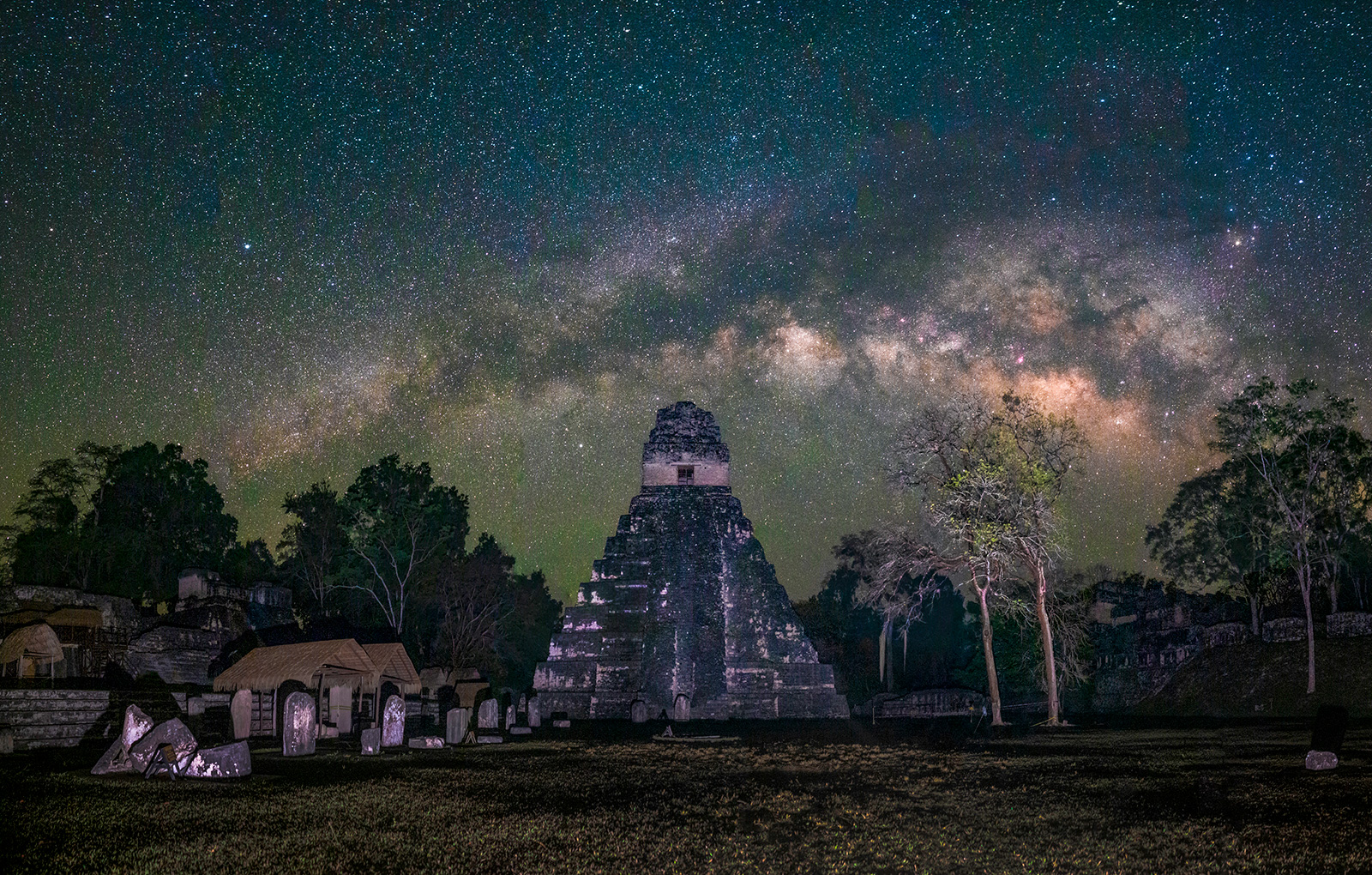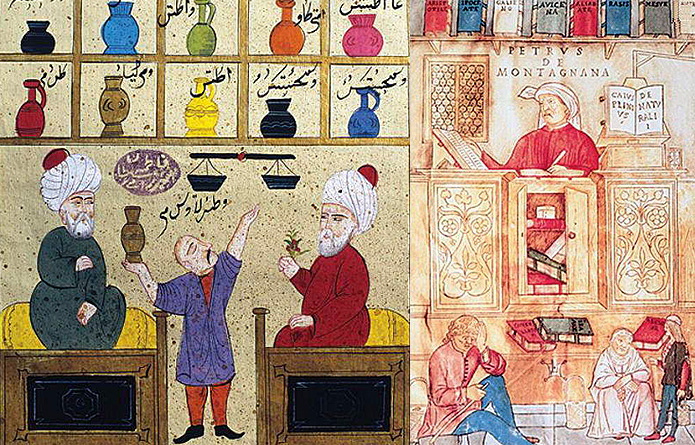- Published on
Unveiling the Celestial Wisdom of Ancient Morocco Astronomical Observations and Calendar Systems
- Authors

- Name
- Adil ABBADI
Introduction
In the vast expanse of the Moroccan desert, ancient civilizations gazed up at the starry night sky, fascinated by the mysteries of the universe. For centuries, Moroccan astronomers made meticulous observations, recording celestial events and developing sophisticated calendar systems that synchronized human life with the rhythms of nature. This article delves into the captivating history of ancient Moroccan astronomical observations and calendar systems, showcasing the ingenuity and cultural significance of these achievements.

- Astronomical Observations: A Legacy of Precision
- The Moroccan Calendar System: A Blend of Tradition and Innovation
- The Importance of Astronomical Observations in Moroccan Culture
- Preserving the Legacy of Ancient Moroccan Astronomy
- Conclusion
- Cultural Call-to-Action
Astronomical Observations: A Legacy of Precision
Ancient Moroccan astronomers were renowned for their exceptional observational skills, tracking planetary movements, lunar cycles, and solar eclipses with remarkable accuracy. The Moroccan astronomer, Al-Biruni, is credited with calculating the Earth's circumference and determining the latitude of various cities, including Marrakech and Fez. These achievements demonstrate the Moroccans' profound understanding of astronomy and their ability to apply this knowledge to practical problems.
The Moroccan Calendar System: A Blend of Tradition and Innovation
The Moroccan calendar system is a testament to the country's rich cultural heritage, blending traditional Berber and Arabic influences with innovative astronomical observations. The Moroccan calendar is based on a lunisolar system, combining the cycles of the moon and sun to create a unique and accurate system of timekeeping. This calendar system was used for centuries, guiding agricultural practices, religious festivals, and social events.

The Importance of Astronomical Observations in Moroccan Culture
Astronomical observations played a vital role in Moroccan culture, influencing various aspects of daily life, from agriculture to spirituality. The observation of celestial events was often linked to agricultural cycles, with farmers relying on astronomical data to plant and harvest crops. Moreover, astronomical observations were closely tied to religious practices, with many festivals and celebrations timed to coincide with specific celestial events.
Preserving the Legacy of Ancient Moroccan Astronomy
Today, efforts are being made to preserve and promote the ancient Moroccan astronomical heritage. The Moroccan Ministry of Culture has launched initiatives to restore and protect ancient astronomical observatories, such as the Almoravid Observatory in Marrakech. Furthermore, educational programs and cultural events are being organized to raise awareness about the significance of ancient Moroccan astronomy and its contributions to modern science.

Conclusion
The ancient Moroccan astronomical observations and calendar systems are a testament to the country's rich cultural heritage and its significant contributions to the field of astronomy. As we gaze up at the starry night sky, we are reminded of the ingenuity and precision of ancient Moroccan astronomers, who sought to understand the mysteries of the universe and synchronize human life with the rhythms of nature.
Cultural Call-to-Action
As we explore the fascinating history of ancient Moroccan astronomy, let us not forget to appreciate the cultural significance of this heritage. Let us continue to preserve and promote the legacy of ancient Moroccan astronomy, inspiring future generations to gaze up at the stars with wonder and curiosity.
